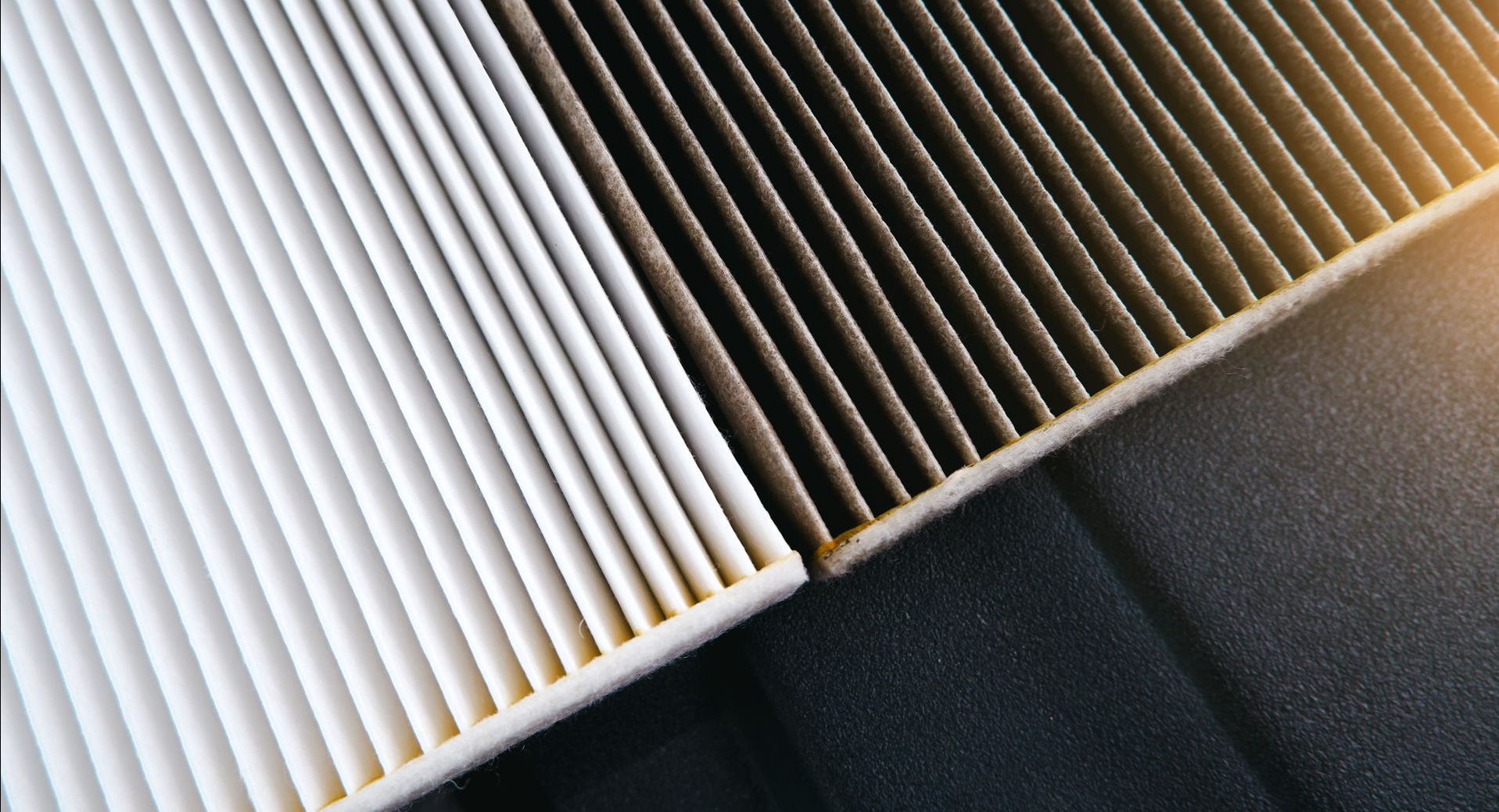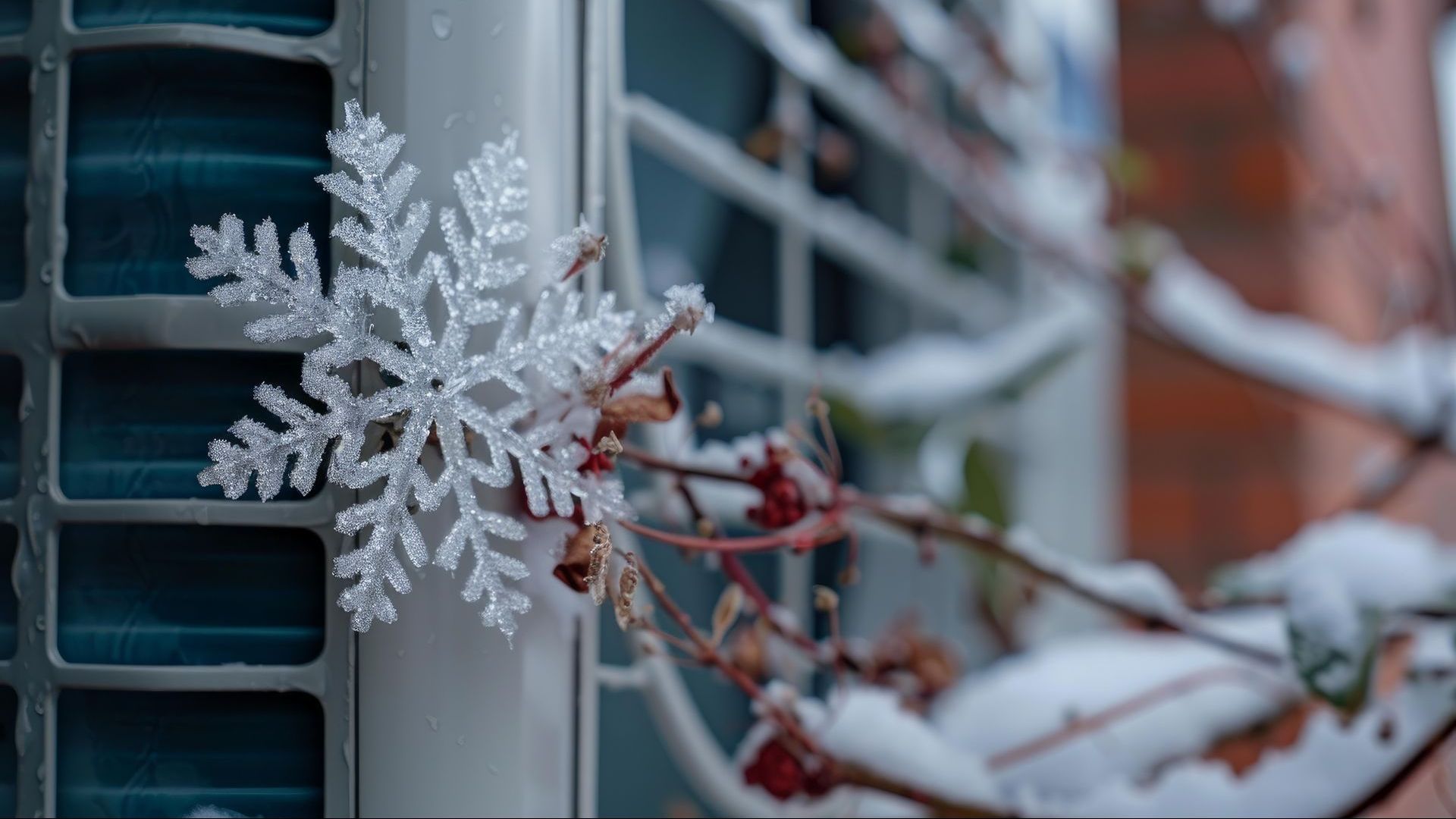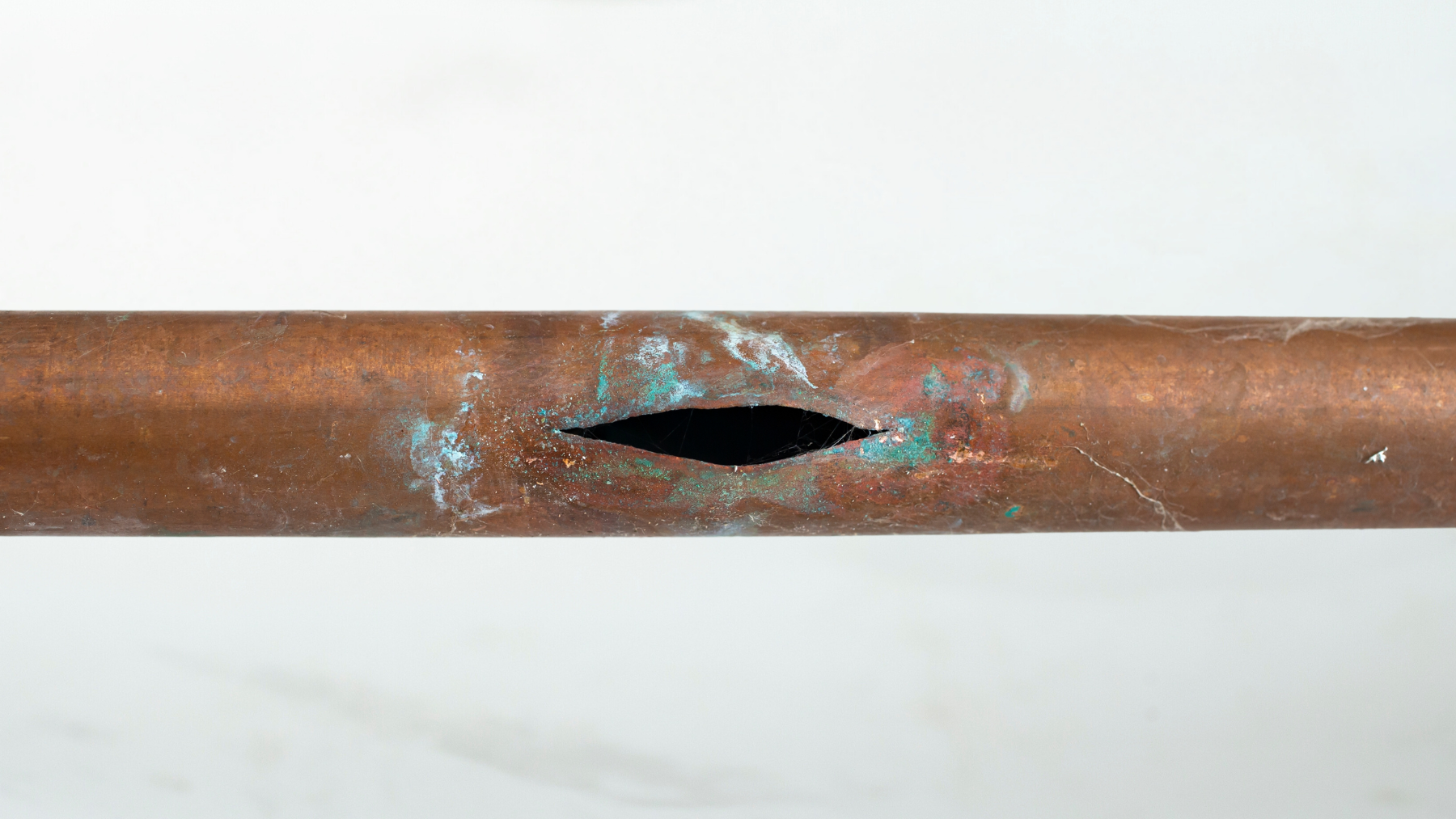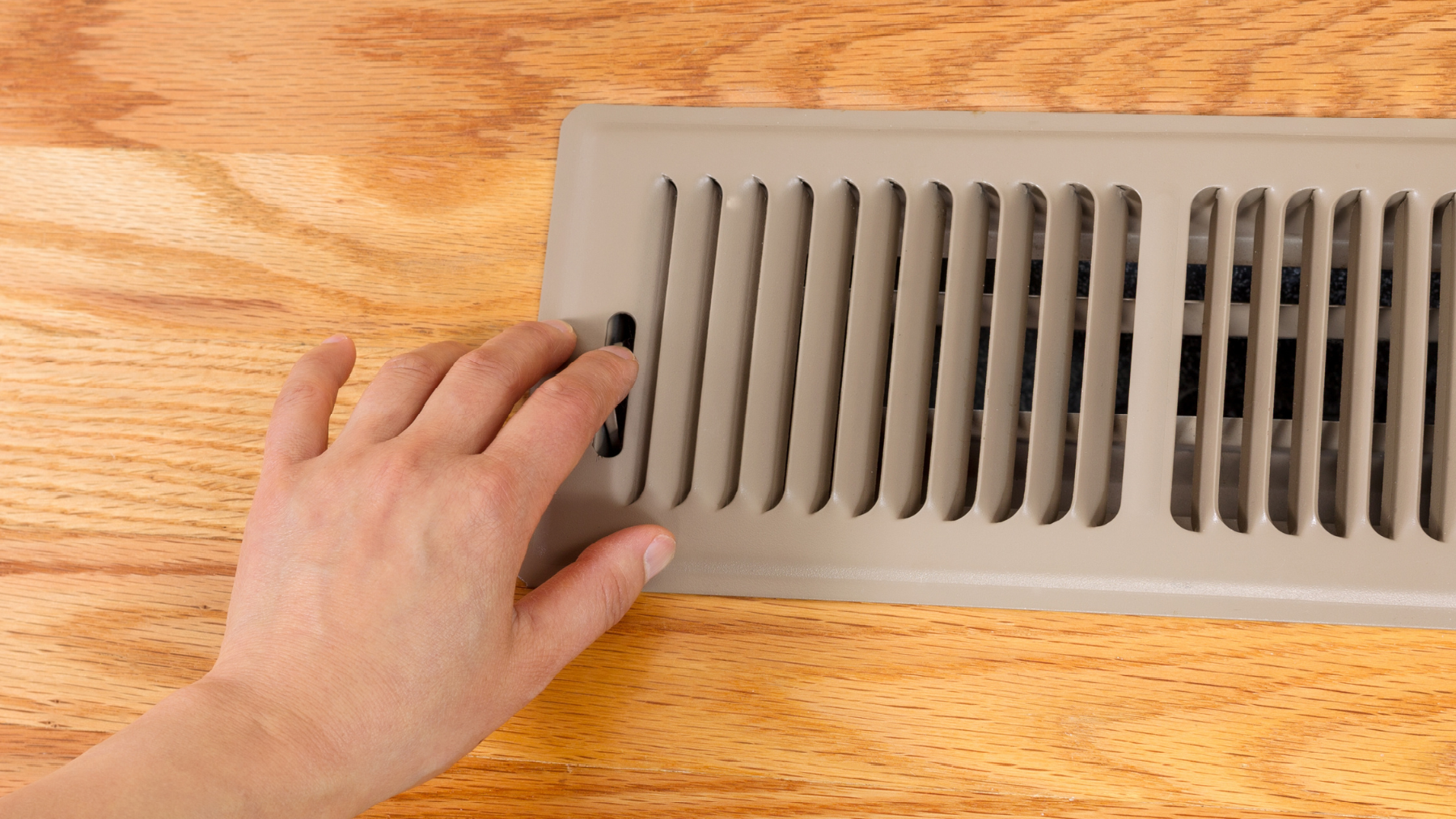How Often Should Your Air Filter Be Changed?

It's important to take care of your HVAC system in order to keep it running well. One way to maintain your system is by regularly changing the air filter. A clean air filter not only helps your system run more smoothly but also more efficiently. How often you should change your air filter depends on several factors, including the filter type, the size of your home, how often you use your HVAC system, whether you have pets or allergies, and seasonal conditions.
Type of Filter
There are two types of air filters: fiberglass and pleated. Fiberglass filters are cheaper but need to be changed every 30 days and are not as effective at capturing dust and other particles. Pleated filters are more expensive but are better at capturing particles and can last up to 90 days. Most filters come with guidelines on how frequently they should be replaced.
Home Type
The size of your home and how often you use your HVAC system are also important factors. Larger homes require more air filtration than smaller homes, and homes that use their HVAC system year-round will need more frequent air filter changes than vacation homes that only use their system a few times a year.
Pet
Pets can also affect your air filter. They release hair and dander into the air and bring in additional dirt, pollen, and other particles from outside. If you have pets, it's a good idea to check your filters every 1 to 2 months and replace them when they're dirty.
Allergies
If you or your family suffers from allergies, it's important to check your air filters regularly and change them every 30-50 days to prevent them from becoming clogged and exacerbating your allergy symptoms.
Seasons
Seasonal conditions also play a role. During the spring and fall, your HVAC system typically runs less frequently than during the rest of the year, so your filter won't become as dirty as quickly. However, during the summer and winter, your system runs more frequently, causing your filter to collect more dust and other contaminants. If your home experiences these seasonal conditions, you won't need to change your air filter as often during the spring and fall. It's important to note that allergens are typically higher during these seasons, so not running your HVAC system could ultimately worsen your allergies since the particles won't be trapped in the filters. An option to prevent this would be to keep your fan on during these times so the air in your home continues to be filtered and the air quality improves. If you choose to keep the fan on, you'll need to maintain your air filters as you normally would throughout the year.
In conclusion, the
frequency of air filter replacements depends on the type of filter you use and the lifestyle of those in your home. Follow the guidelines of the filters you purchase and use your best judgment to determine when to change out the air filters in your home.
CONTACT US




